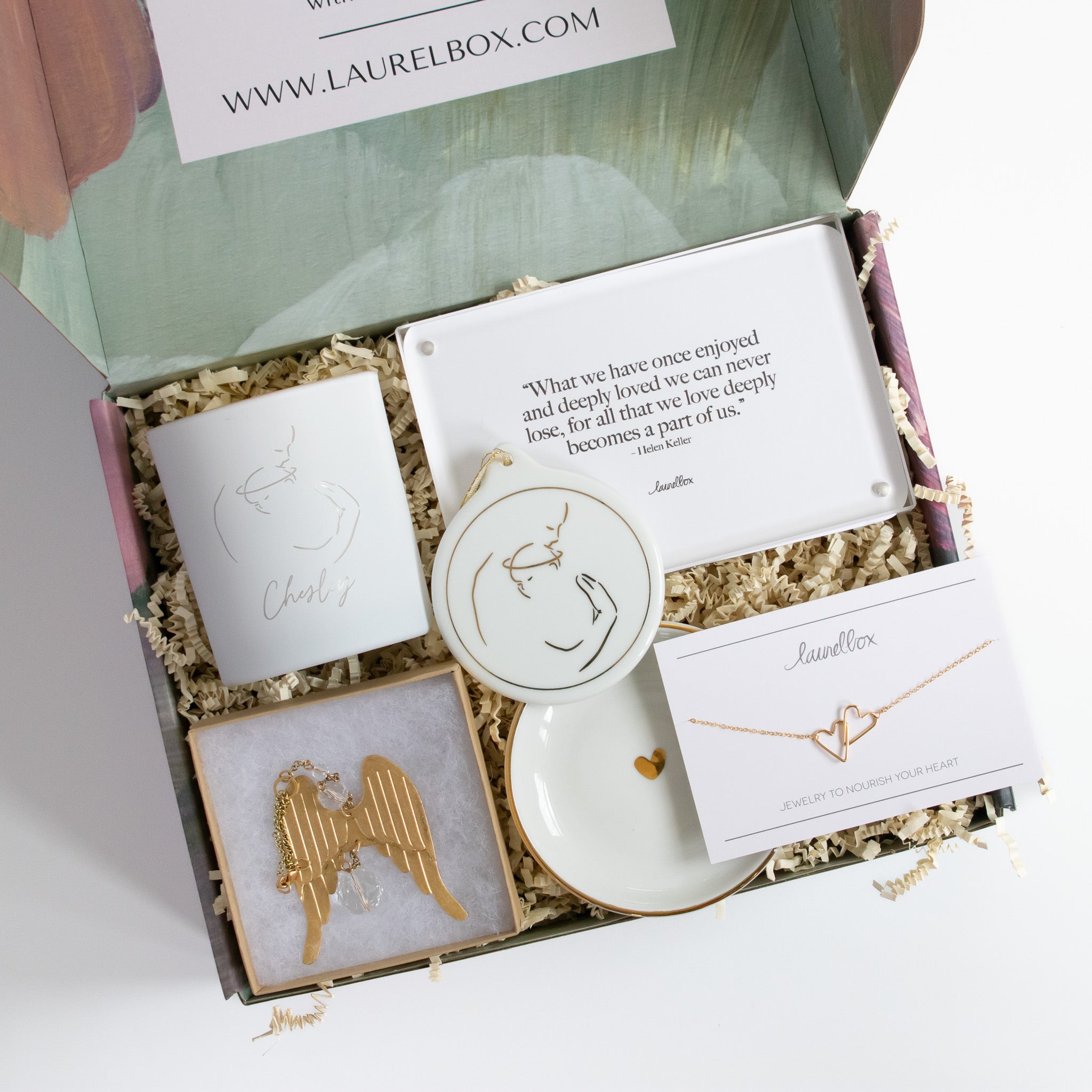Grieving the Loss of My Son: Guest Blog
We are so honored to share this guest blog post by a father who lost his adult son. So often, our culture focuses on the experiences of mothers after the loss of a child, however fathers grieve too. We hope you can find community and connection through this story.
How can one ever prepare for suddenly losing a child, when life turns upside down in one horrifying moment?
On a serene day, I accompanied my youngest son, age 22, to the dentist so he could undergo oral surgery. Dropping him off, I could not have known that I would never interact with him again.
Three hours later, I saw my son stretched out on a gurney rolling through the dentist’s lobby, looking like Count Dracula. His face was whiter than I thought possible on a human, and blood trickled down both cheeks as emergency personnel pounded on his bare chest.
Apparently, while my son was under anesthesia, gauze dislodged from the back molars they had pulled and slid into his windpipe, effectively suffocating him. One responder told me he had been in full cardiac arrest for 25 minutes. I knew, barring a miracle, he was dead. That miracle never came. After two days in ICU, doctors pulled the plug and he was gone.
What they say is kind of true: time can heal wounds. But one never gets over a child’s death. Over time, the overpowering emotion that crushes every breath and step slowly dissipates. Only occasionally now, seven years after my son’s death, I suddenly break down sobbing. Walking through the house, watching a certain scene at a movie, hearing a song we both liked, seeing a picture, even starting my car or eating a jelly sandwich—any number of seemingly innocuous triggers can set tears flowing.
Researchers have found that after a child dies, the parents are more likely to get divorced within a few years. My dear wife and I have been married for four decades, and we’re still pushing the plow two years beyond that dreary milestone. Still, the death strained our marriage more than we ever could have known.
We try to rally together, but the sheer process often reminds us of our loss. So, without conscious intent, we retreat into our own shells to dull the pain. My wife always had a strong connection with our son, and she fills the emotional void through female friends and, until she retired two years ago, an almost obsessive focus on the company she helped found two decades ago.
I am still unpacking a boatload of emotions associated with the death. I was in the lobby alone during the ordeal, and that grisly scene pops into my mind too often. I also feel a father’s guilt over not somehow preventing his death; after all, that is a father’s duty, right?
I find it easy to talk to others about the death, but I still am not sure about my emotions surrounding the loss. Pain, longing, restlessness, anger, remorse? I’ve experienced all of these—everything except understanding or acceptance. And, as a professor until two years ago, every day in the classroom a student would do or say something to remind me of my son.
Psychology helps explain another consequence that neither my wife nor I anticipated. Having a child die in such a sudden, horrific way can unleash a whole range of earlier traumas. This has happened to each of us, and such strains have added to the burdens on our relationship.
We still see counselors for what they call EMDR, or eye movement desensitization reprocessing therapy. This helps each of us learn how to view ourselves and each other more compassionately and to work through life’s ups and downs without dropping into depression, anxiety, or guilt. Weare learning why earlier hurts were rekindled through our son’s death, and we can now interact in ways that don’t continue to trigger those negative memories.
Since retirement, I have accelerated the writing that punctuated my career. I write histories, dabble in creative novels and poetry, and edit books drafted by other authors. I also enjoy woodworking and home remodeling projects. These things keep me sane and help me turn negative memories of my son’s death into warm memories of his life and our lives together.
In the end, what helps me most in moving through my days is faith in God and in the hope of life after death. I strongly believe that when my time comes to pass on, I will see my son again. Even when sorrow rises, I take relief from my Savior, Jesus Christ. He has suffered these pains, and He is always there to succor me, or run to my assistance when I need to find peace.
I am forever grateful for the years with my son, even though they passed swiftly. Because I knew him, my life was changed for good. I have come to know first-hand that we grieve for our lost loved ones precisely because we loved them so much. And that, alone, is a great blessing.








